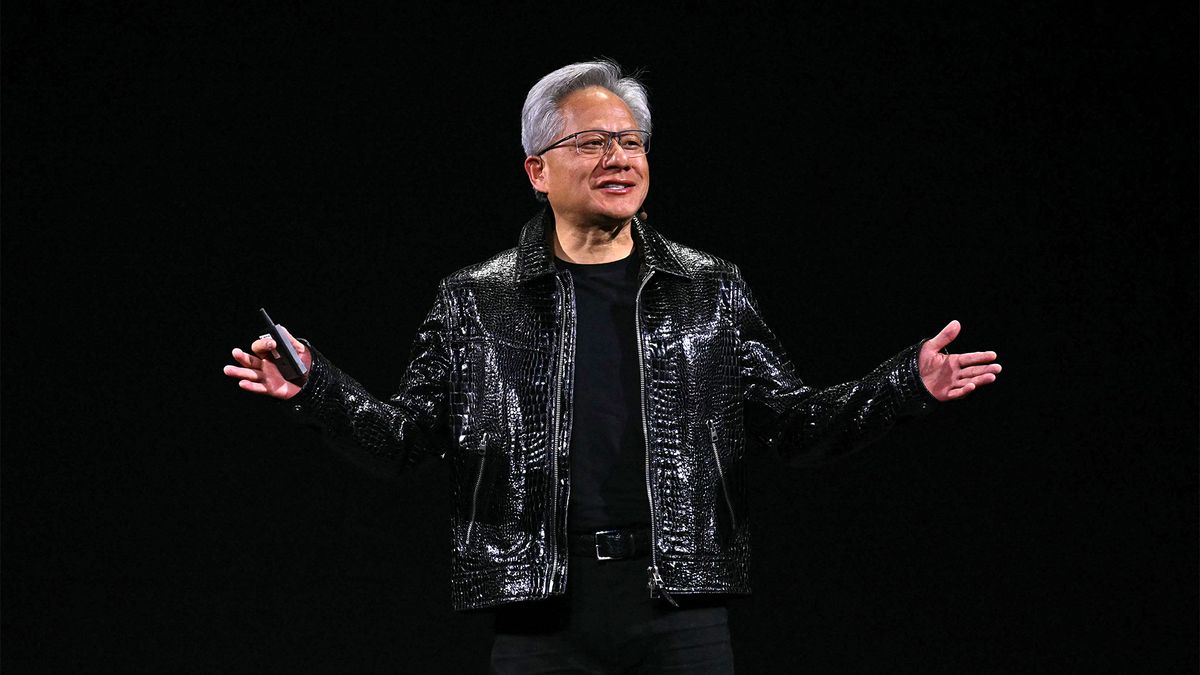Nvidia CEO Jensen Huang caused quite a stir last month with his comments on the immediate potential of the quantum computing sector, but all signs point toward positive long-term gains for the burgeoning industry.
Interest in the potential applications of quantum technology has been building in recent years. In July 2024, Boston Consulting Group said it projects quantum computing will create between $450 billion and $850 billion in economic value by 2040, for example.
Yet the industry still remains in a nascent stage, and during a discussion with analysts in early January Huang pointed out that any practical, real-world applications could still be years away.
“So if you kind of said 15 years for very useful quantum computers, that’d probably be on the early side. If you said 30 is probably on the late side. But if you picked 20, I think a whole bunch of us would believe it,” he said, according to reporting from Axios.
In the wake of Huang’s comments, shares in popular quantum computing companies tumbled. Shares in Reigetti Computing, which had experienced a 1,800% rise in stock prices in the space of a year, nosedived by 46%.
Similarly, shares in Quantum Computing Inc also fell 45% alongside a 42% dip for IonQ. All told, losses in the wake of Huang’s comments topped $4 billion in market capitalization.
Quantum computing hype is building
Despite an apparent lack of practical applications at present, the hype surrounding quantum computing still remains strong, and this has been further fueled by recent generative AI advances.
Analysis from Crunchbase in November 2024 showed that quantum computing startups had raised $1.5 billion in venture capital funding up until that point, with investment spanning 50 deals.
This not only marked a doubling of the $785 million raised in the year prior, but also the $963 million raised in 2022, which represented an all-time high.
A recent study from QuEra Computing also highlighted the growing interest in quantum computing. Researchers noted that global budgets for quantum applications are projected to rise by around 20% across 2025.
“The projected growth in both confidence and investment reflects a growing recognition of quantum computing’s potential to address complex challenges and drive innovation in key sectors,” the firm said.
There are notable barriers ahead for quantum, however. QuEra’s study found that high costs, talent gaps, and uncertainty around return on investment (RoI) remain “significant barriers” for enterprises globally.
Nonetheless, nearly two-thirds (65%) of respondents said they feel “prepared” to adopt quantum technology within the next two-to-three years.
Positive signs for the future of quantum computing have been showcased in recent months, in particular with recent Google advances.
In early December, the tech giant announced it had made a major breakthrough with its new ‘Willow’ quantum chip. Using the chip, the firm said it had successfully completed calculations that would previously have taken current-generation supercomputers 10 septillion years.
At the time, Google said the Willow success “paves the way to a useful, large-scale quantum computer”, with CEO Sundar Pichai taking to social media to promote the potential real-world applications.
“We see Willow as an important step in our journey to build a useful quantum computer with practical applications in areas like drug discovery, fusion energy, battery design + more,” he said.
The industry isn’t alone in its excitement over the potential of quantum computing, however, and governments on both sides of the Atlantic have signaled their interest in the applications of the technology.
In July last year, the UK government unveiled more than £100 million in funding for research into the practical applications of quantum technology.
Source link
